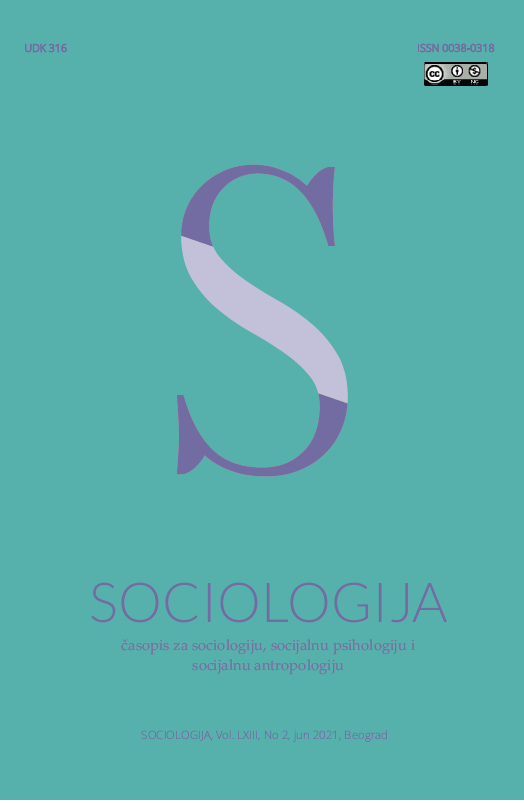Povratak Isterlinovom paradoksu: Da li povećanja prihoda donose više nivoe zadovoljstva prihodima?
Easterlin Paradox Revisited: Do Increases in Income Bring Higher Levels of Income Satisfaction?
Author(s): Vladimir S. Mentus, Marko VladisavljevićSubject(s): Social Sciences, Sociology
Published by: Sociološko naučno društvo Srbije
Keywords: Income Satisfaction; Developed Economies; Easterlin Paradox; HLM
Summary/Abstract: In this paper, we examine the relationship between income and income satisfaction in the pool of developed European economies, for the period between 2002 and 2018. Although the nexus between income and most subjective well-being indicators is frequently investigated in prior studies, the research investigating the relationship between income and income satisfaction over time is non-existing. We find that during the observed period real disposable household income significantly increased, while the satisfaction with household income remained constant. Furthermore, the analysis within hierarchical linear modeling shows that while between-country variations in income affect income satisfaction, this is not the case for income variations over time. Our findings support the notion of the Easterlin paradox, which indicates that in the long-run increases in income do not lead to higher levels of well-being. Explanations for such results may be found in the social comparison theory, hedonic adaptation theory and aspiration level theory: increasing income does not bring positive effects on income satisfaction due to relevance of the relative and not the absolute income, adaptation to income changes, or higher levels of aspirations resulting from income rise.
Journal: Sociologija
- Issue Year: 63/2021
- Issue No: 2
- Page Range: 220-235
- Page Count: 16
- Language: English

